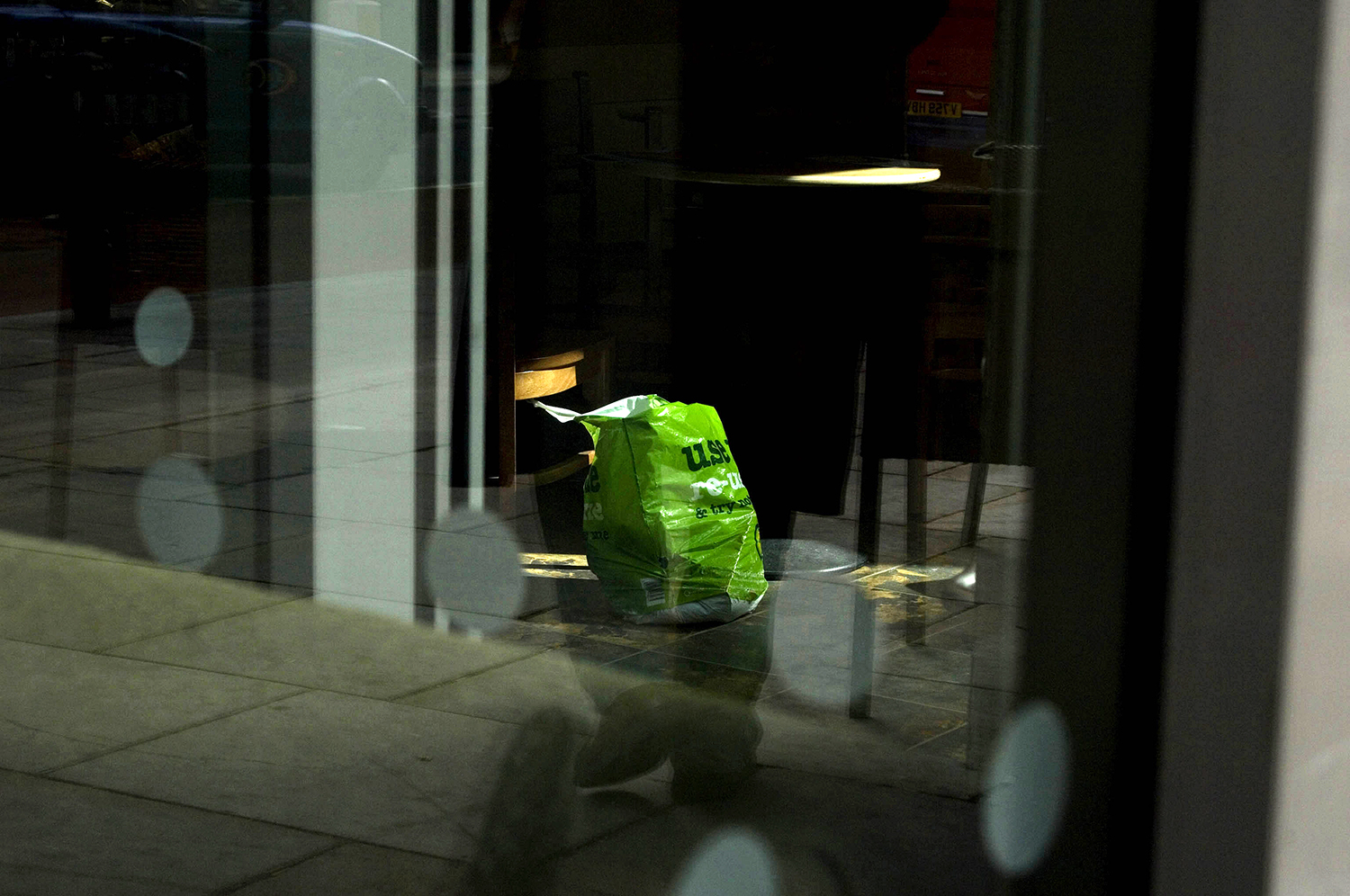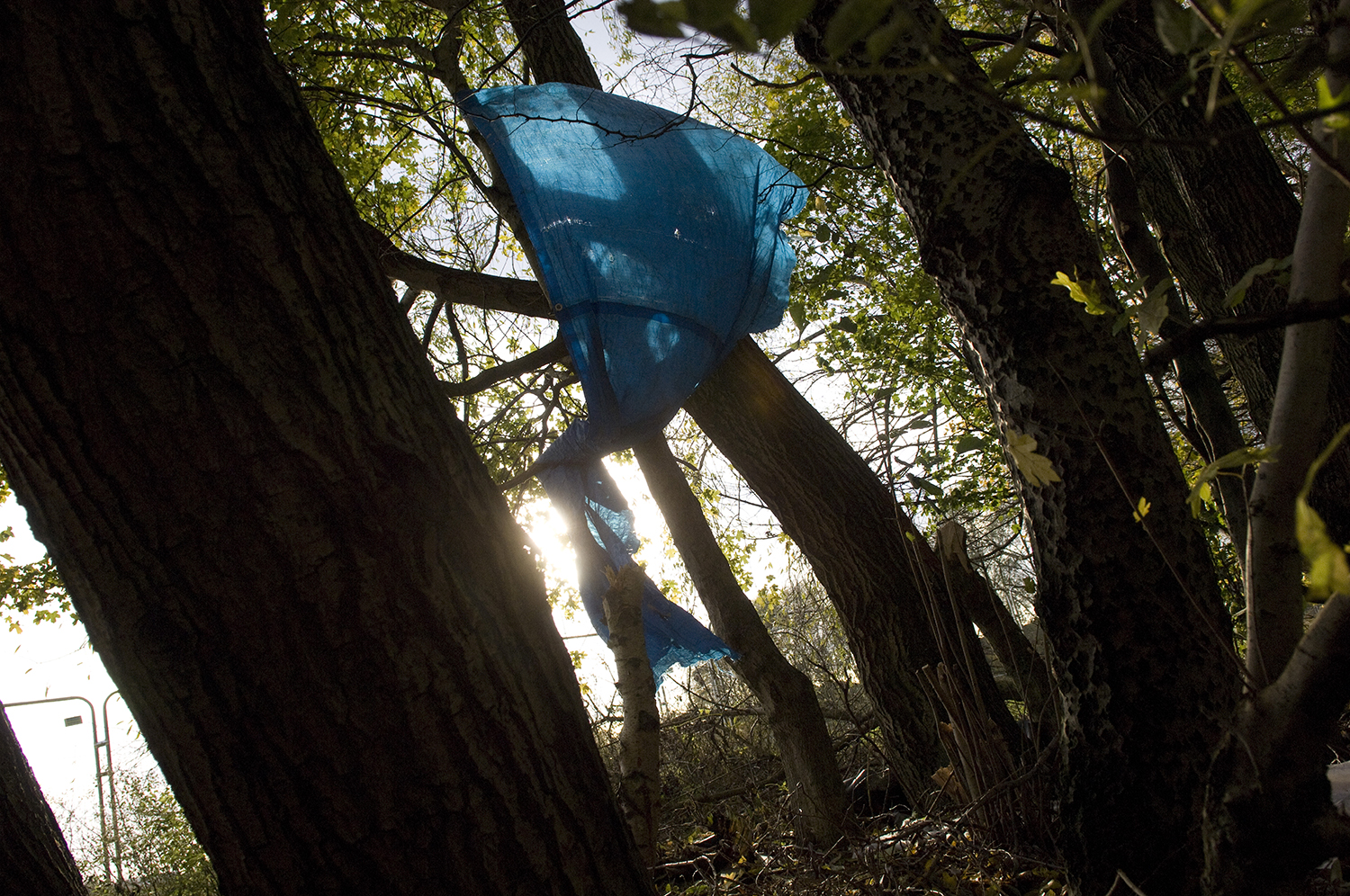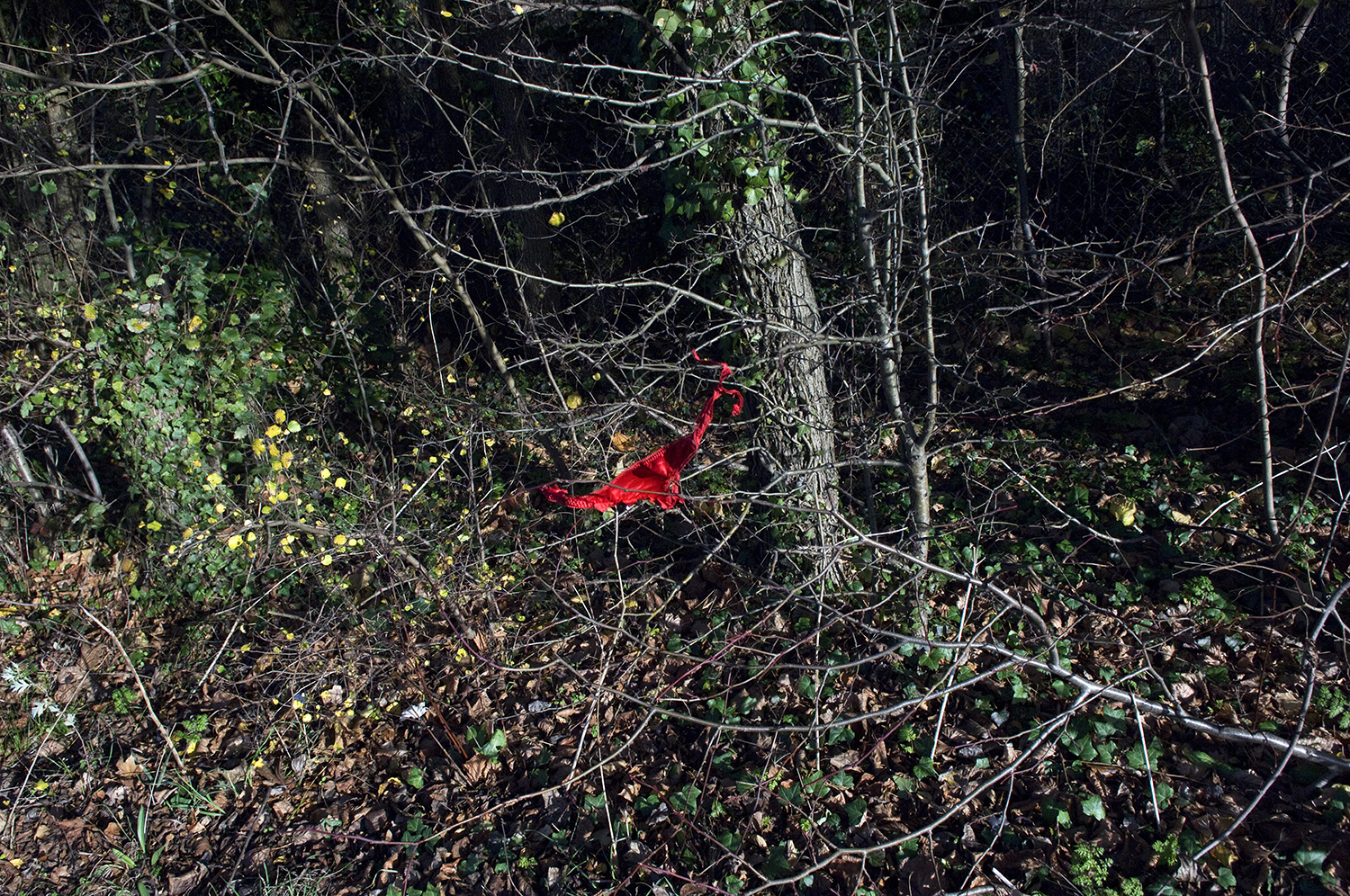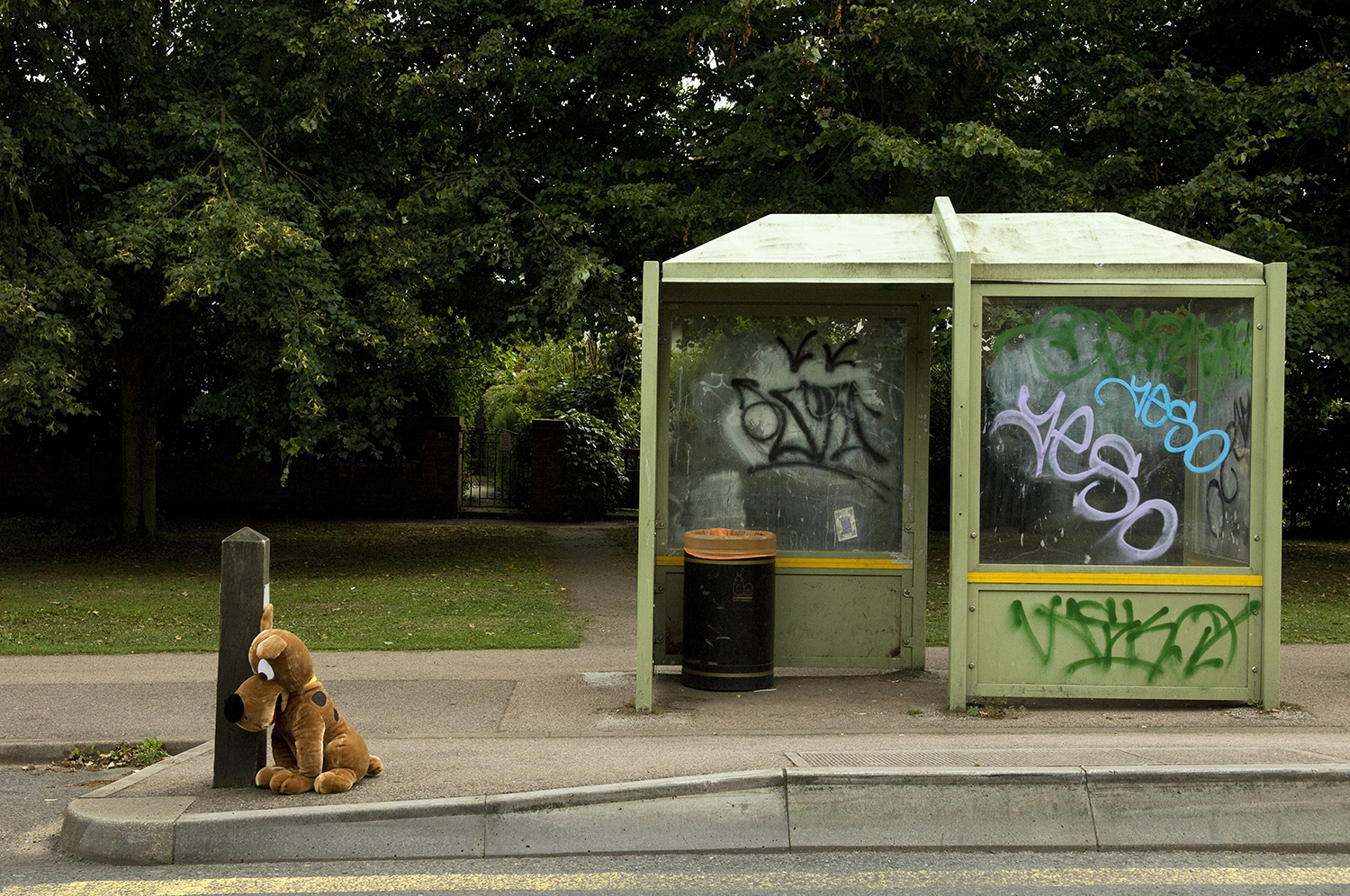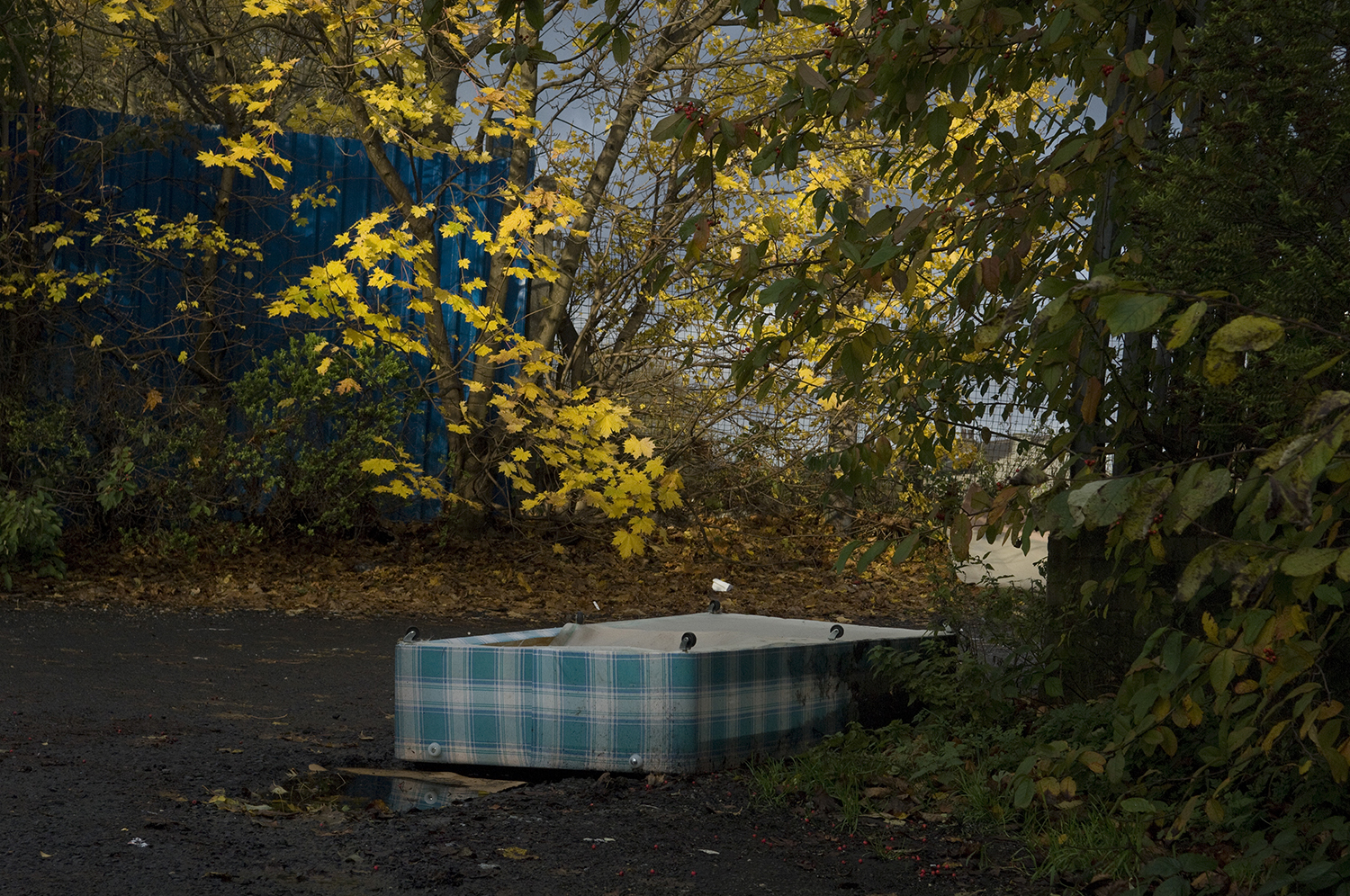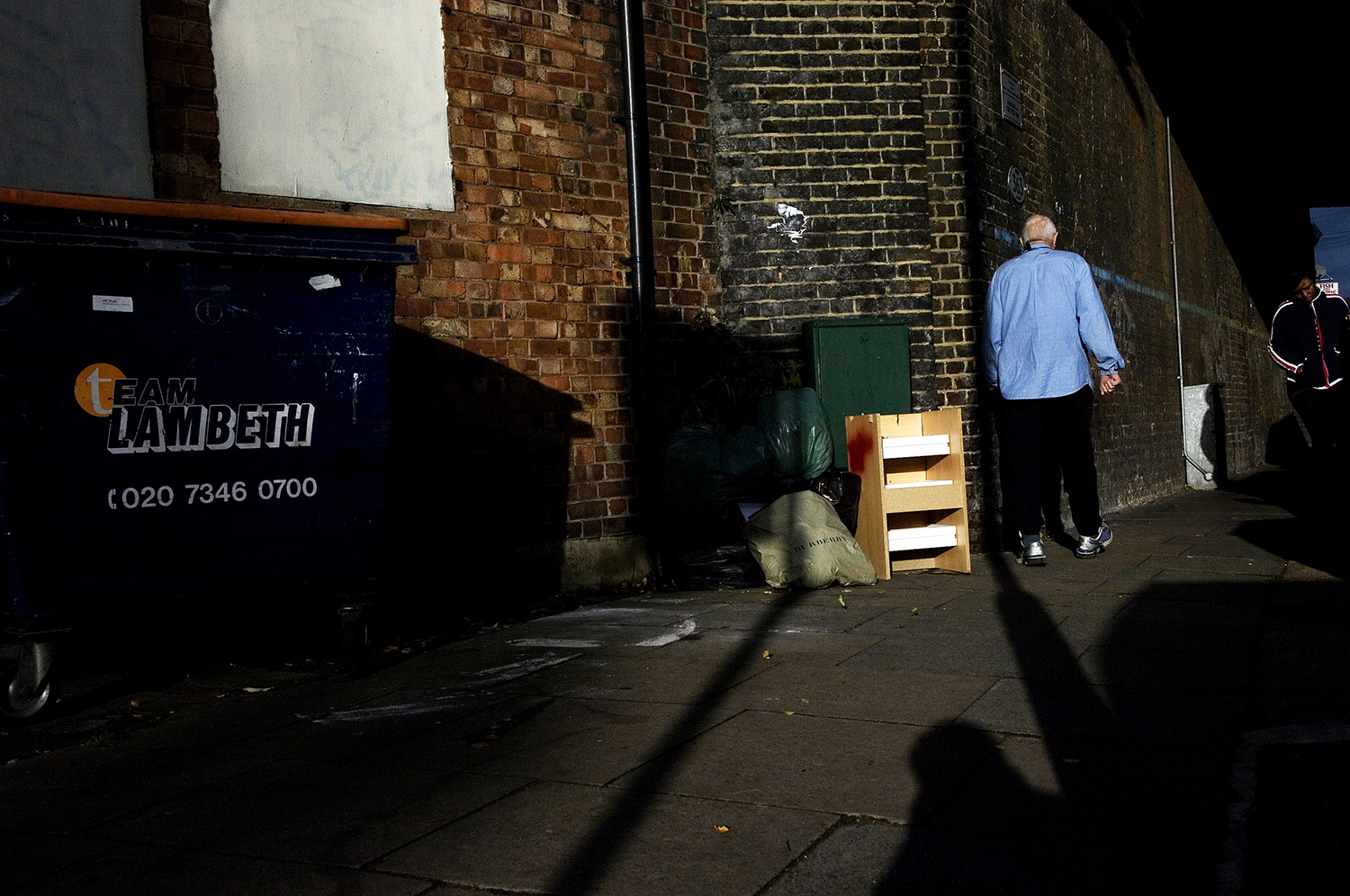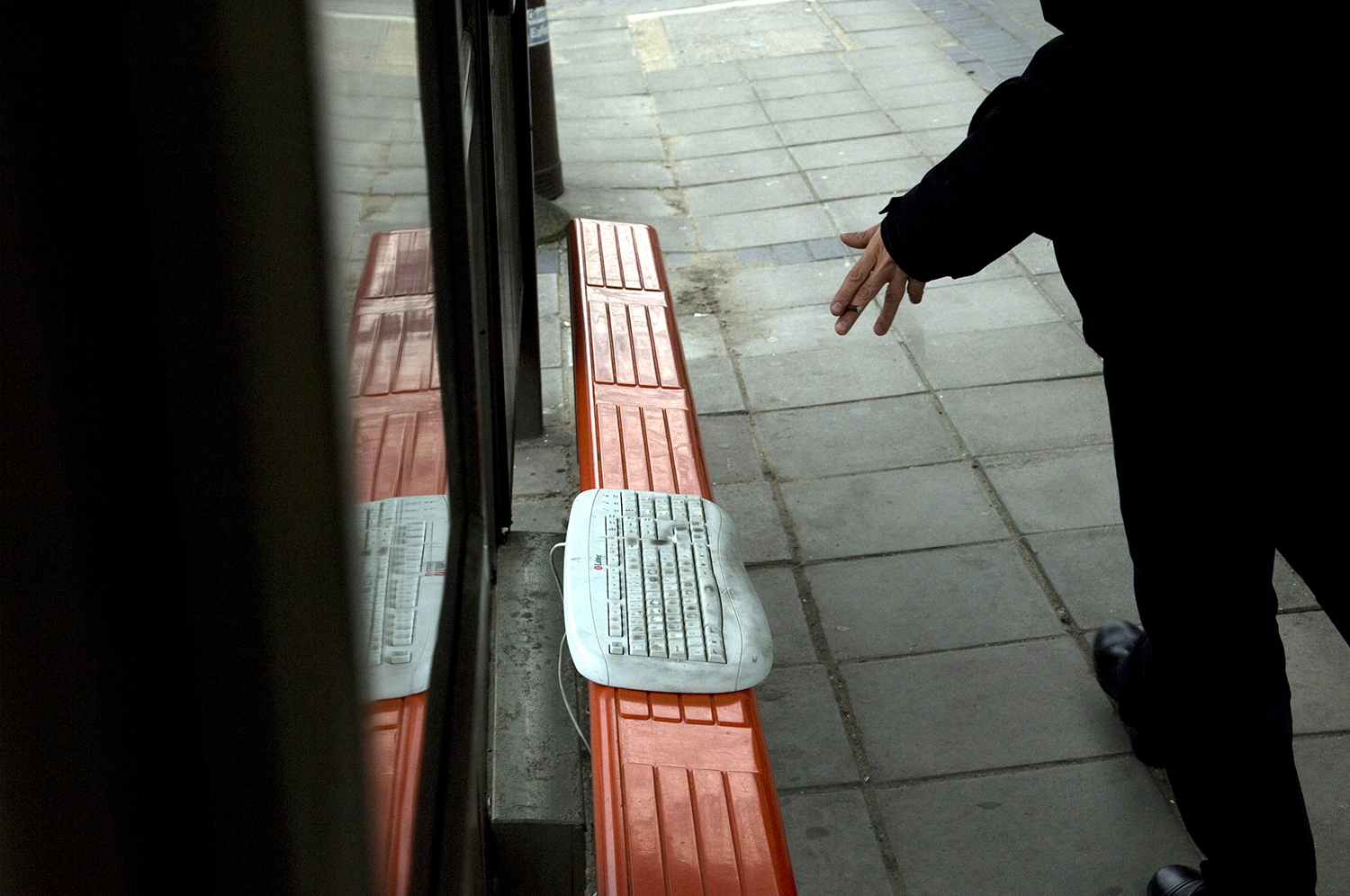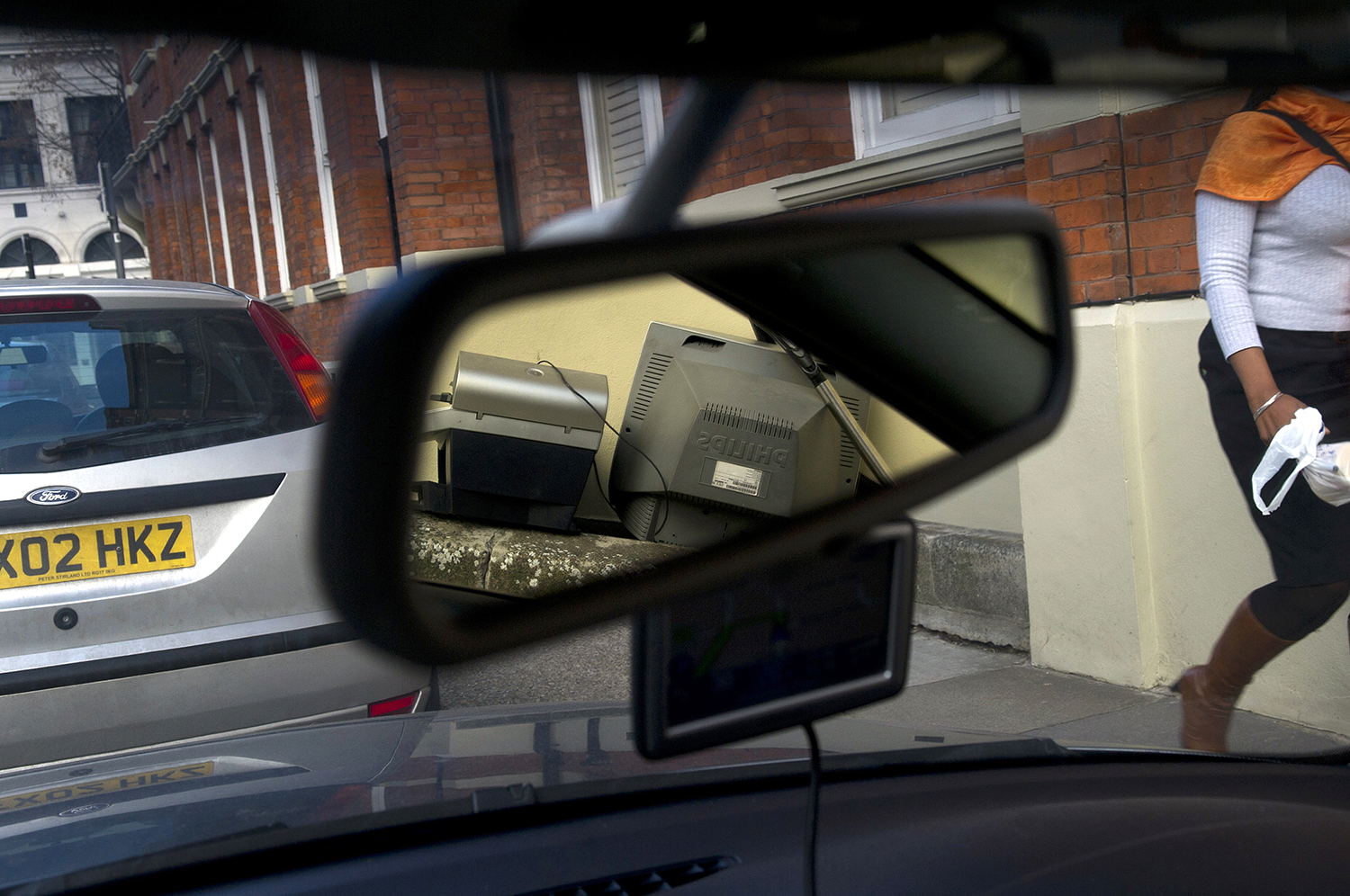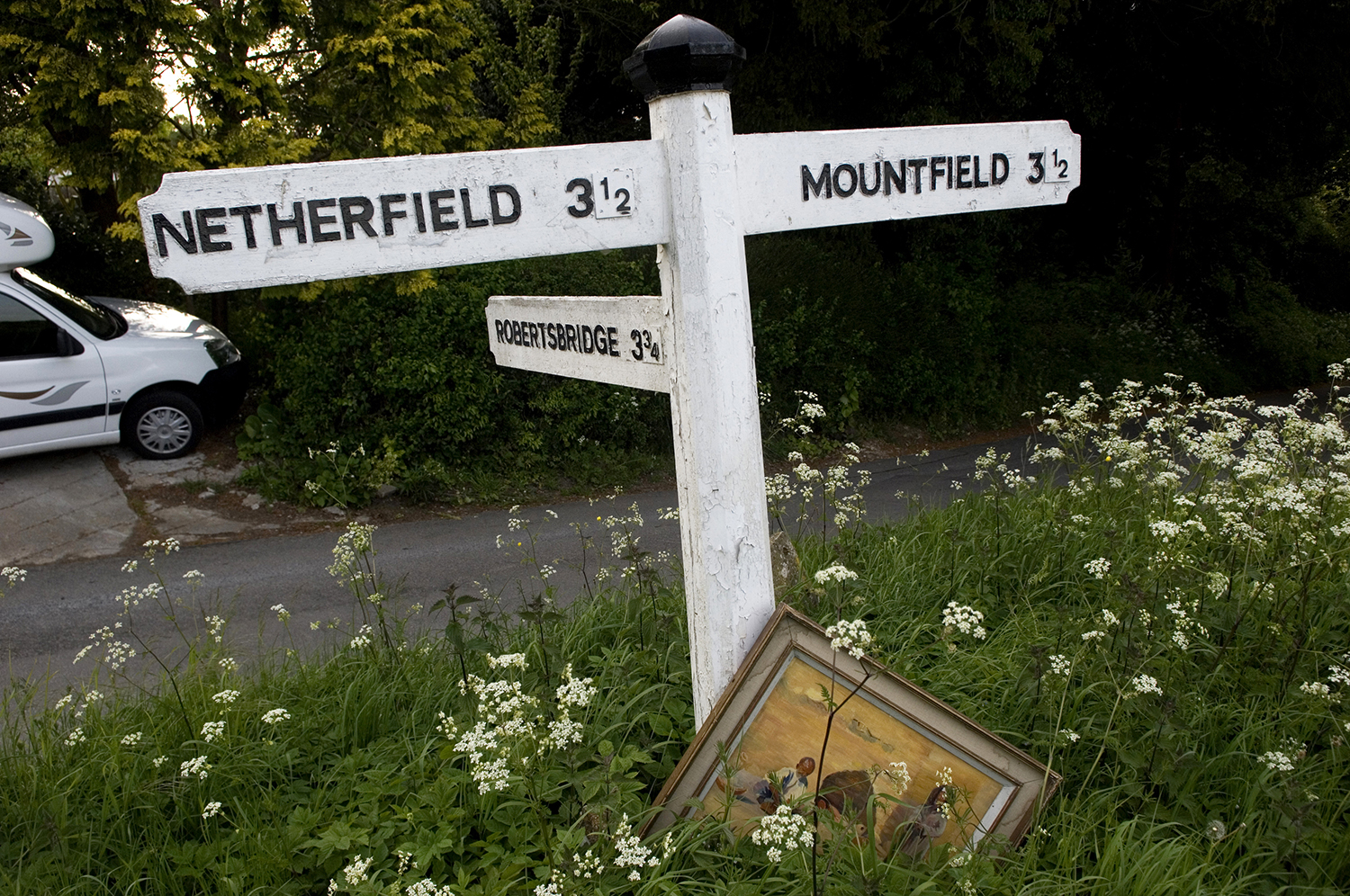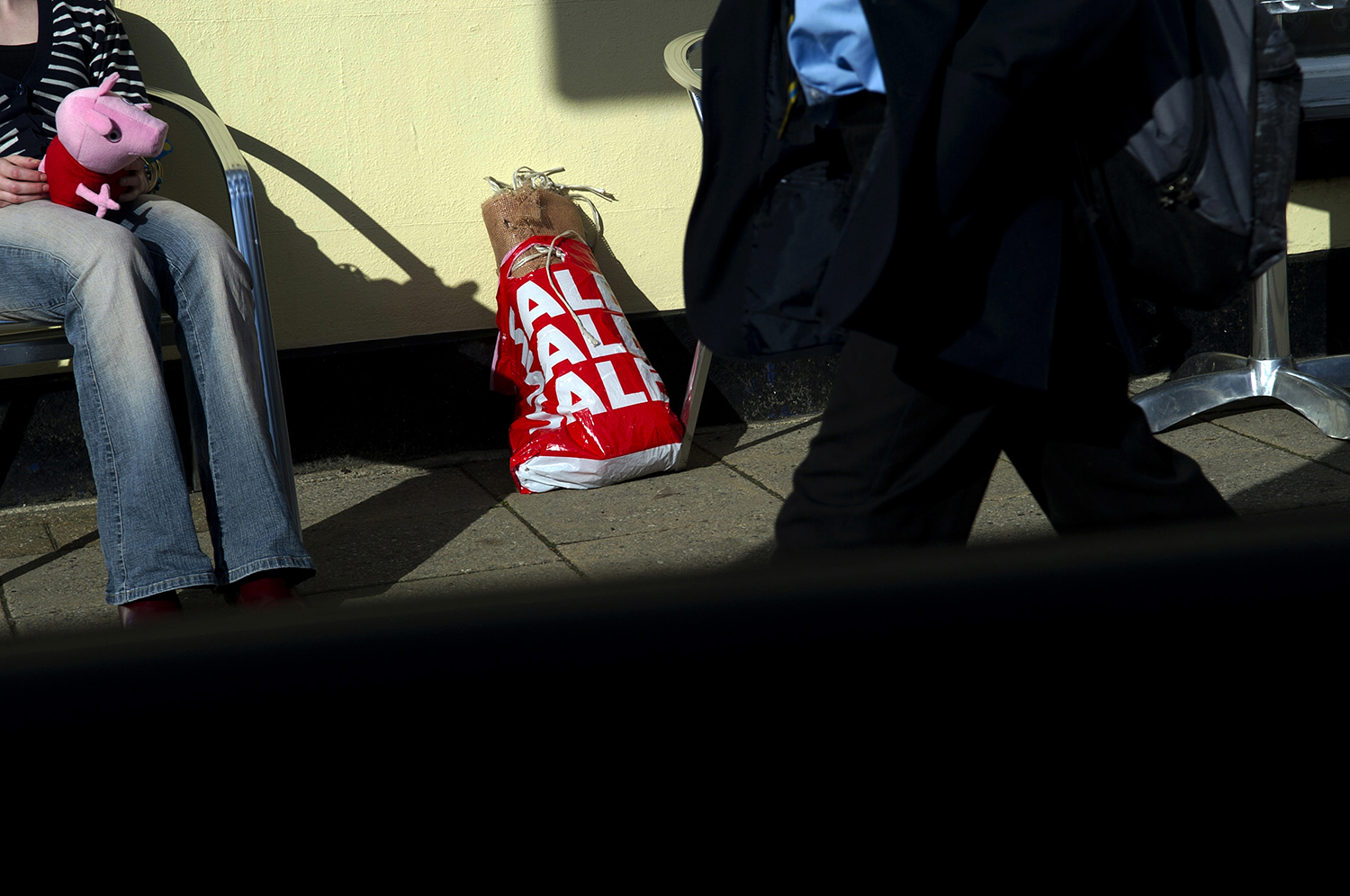Sneaky Dumping Sneaky Dumping is a term for illegally dumping waste somewhere else other than an authorised landfill or waste management site.
For the 2020/21 year, local authorities in England dealt with 1.13 million fly-tipping incidents, an increase of 16% from the 980,000 reported in 2019/20.
As in the previous year, just under two thirds (65%) of fly-tips involved household waste. Total incidents involving household waste were 737,000 in 2020/21, an increase of 16% from 635,000 incidents in 2019/20.

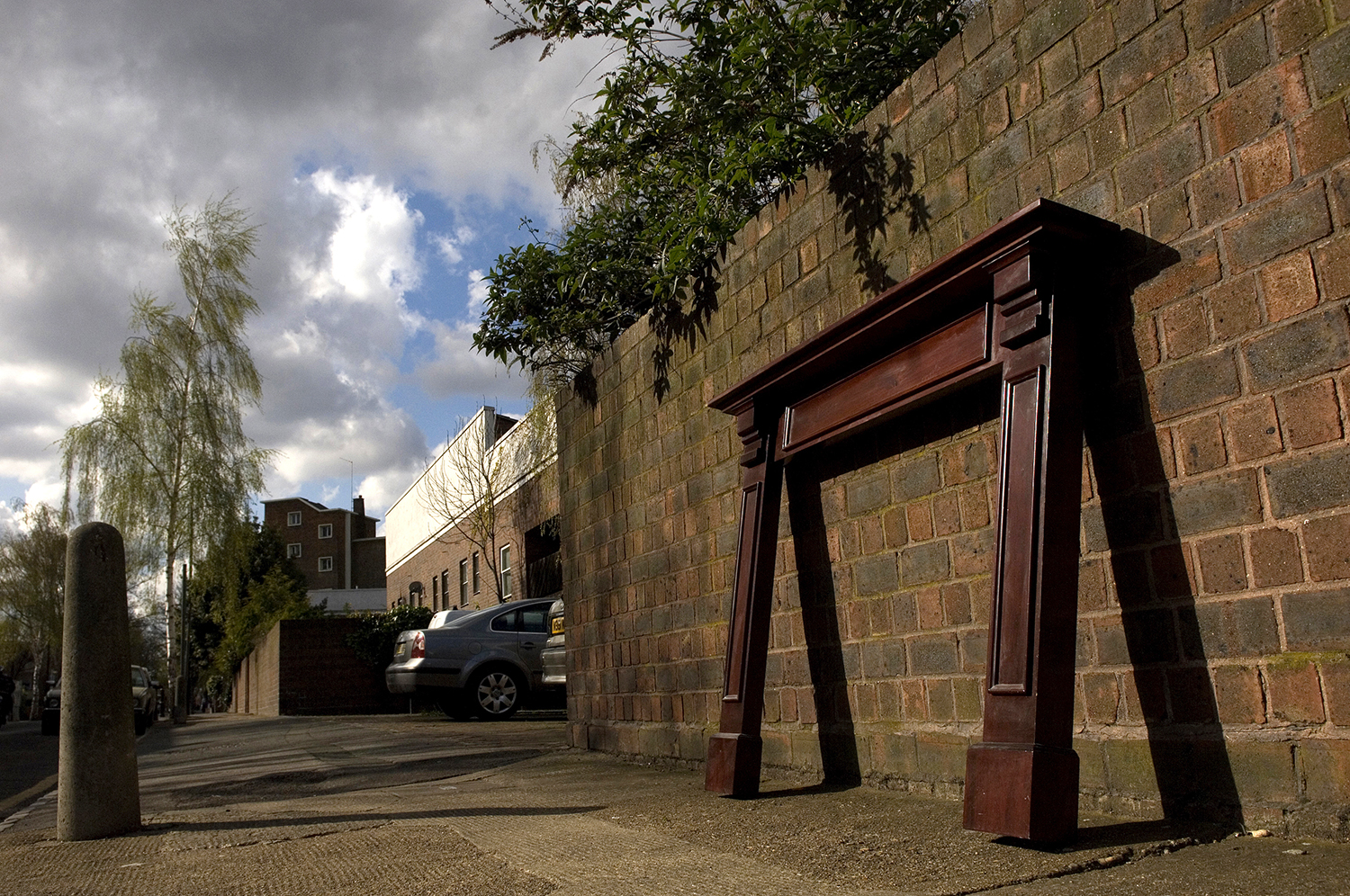
The most common place for fly-tipping to occur was on highways (pavements and roads), which accounted for over two fifths (43%) of total incidents in 2020/21, the same as in 2019/20. In 2020/21, the number of highway incidents was 485,000, which was an increase of 16% from 419,000 in 2019/20
(Source GOV.UK 2022)
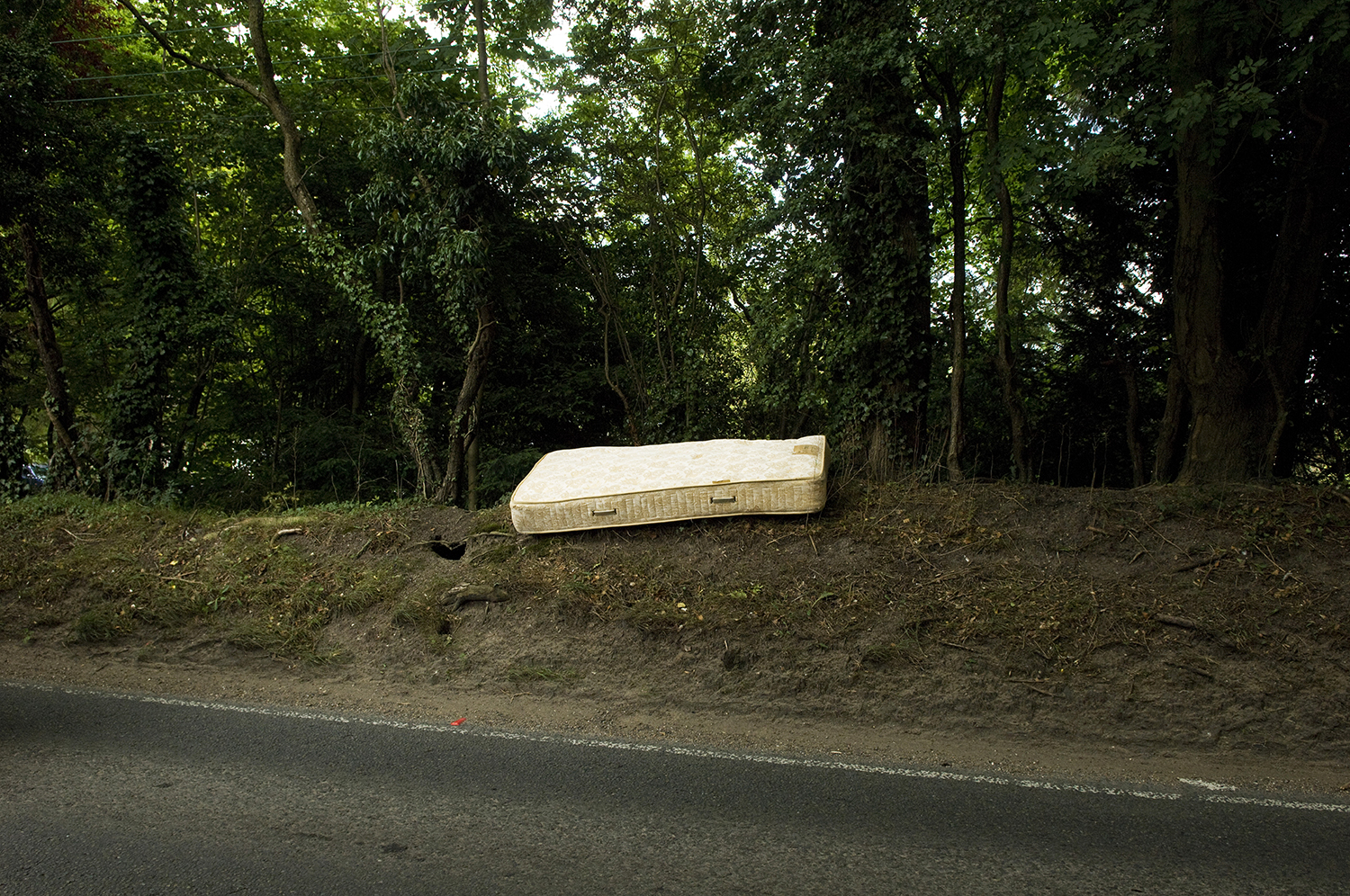
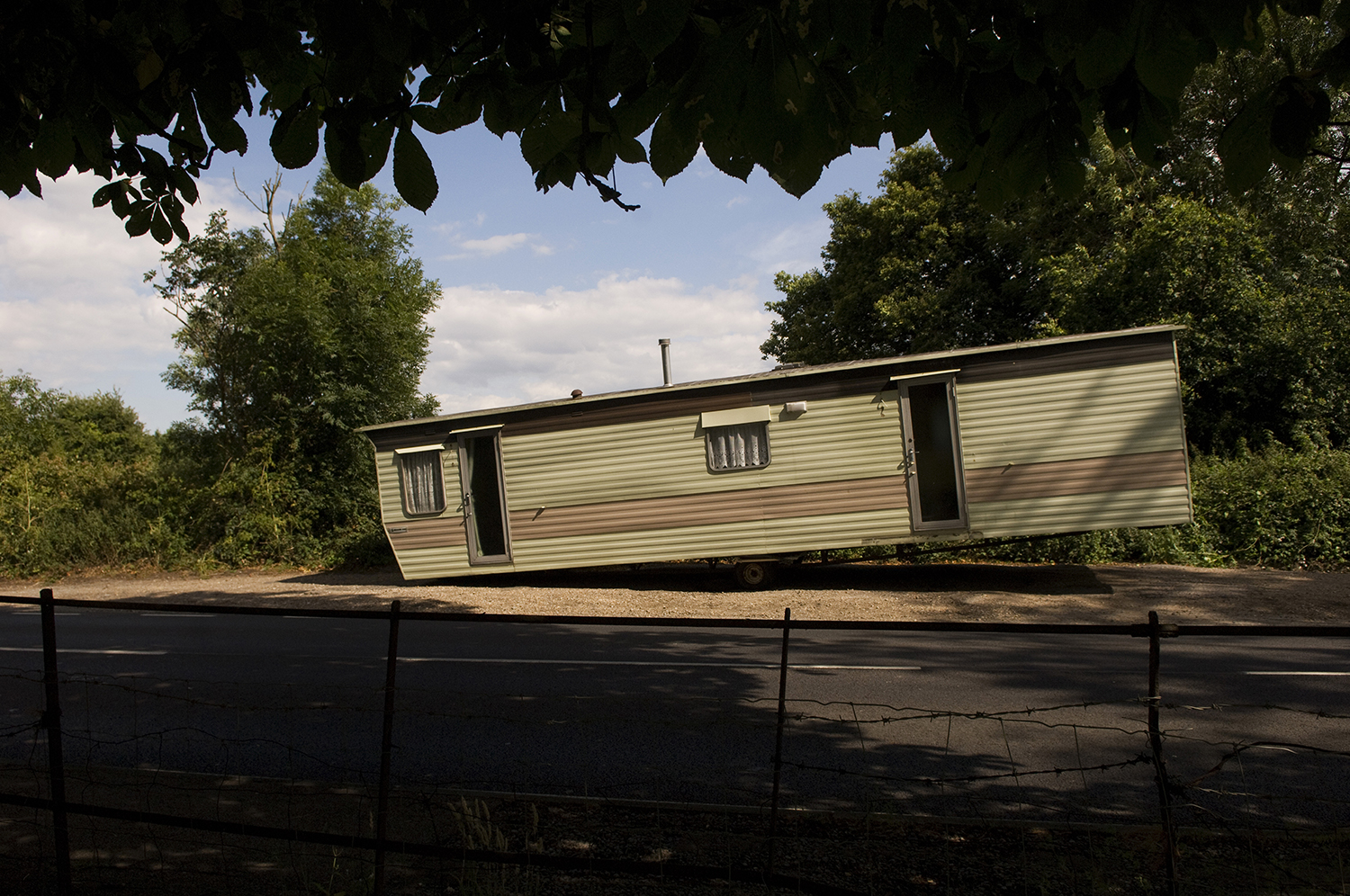
Sneaky dumping refers to the illegal disposal of waste in locations other than authorised landfills or licensed waste management facilities. This practice is carried out to avoid disposal fees, transportation costs, or the effort required to use proper waste services. It can involve anything from household rubbish and garden waste to hazardous materials, construction debris, and industrial by-products.
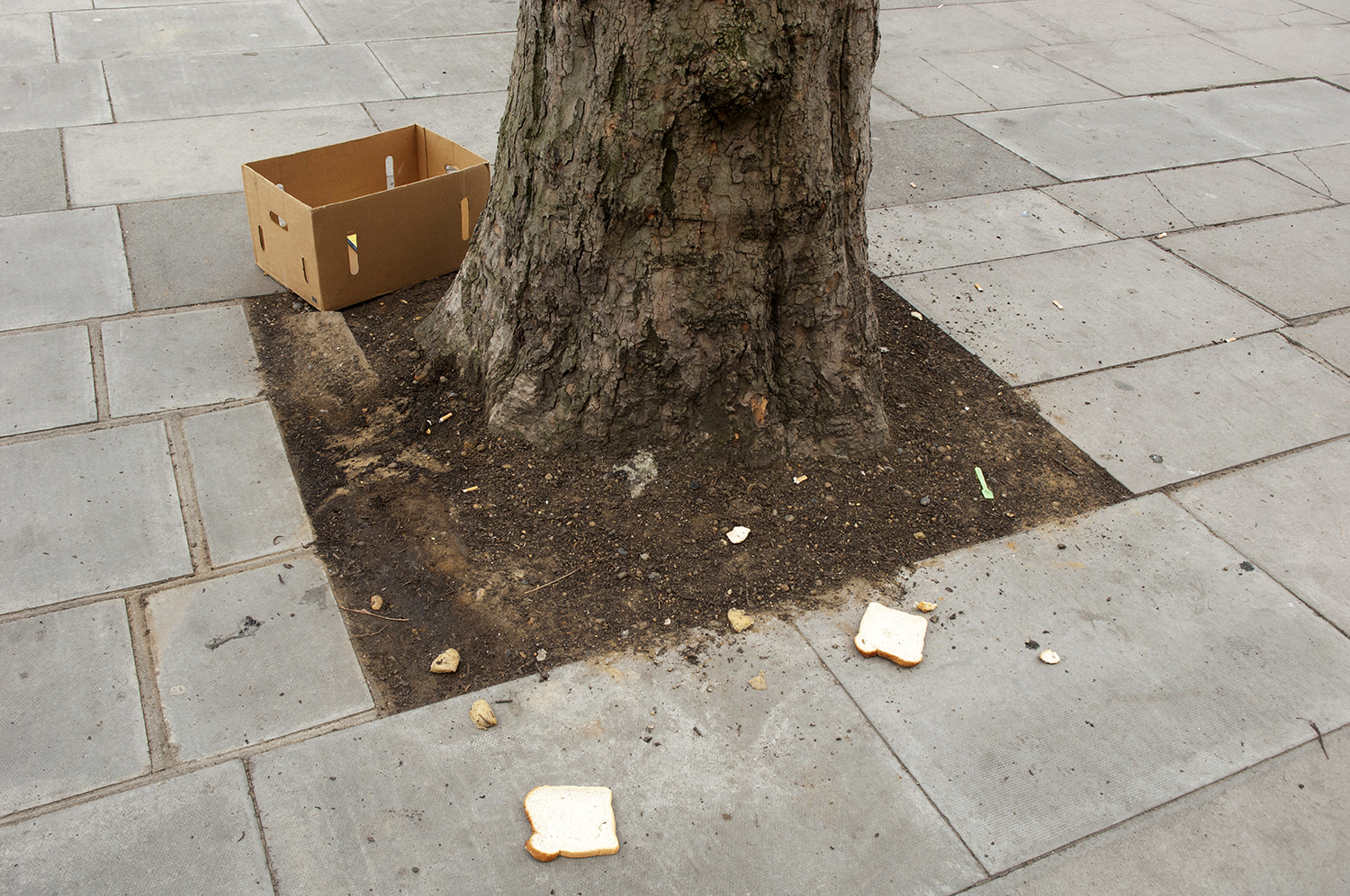
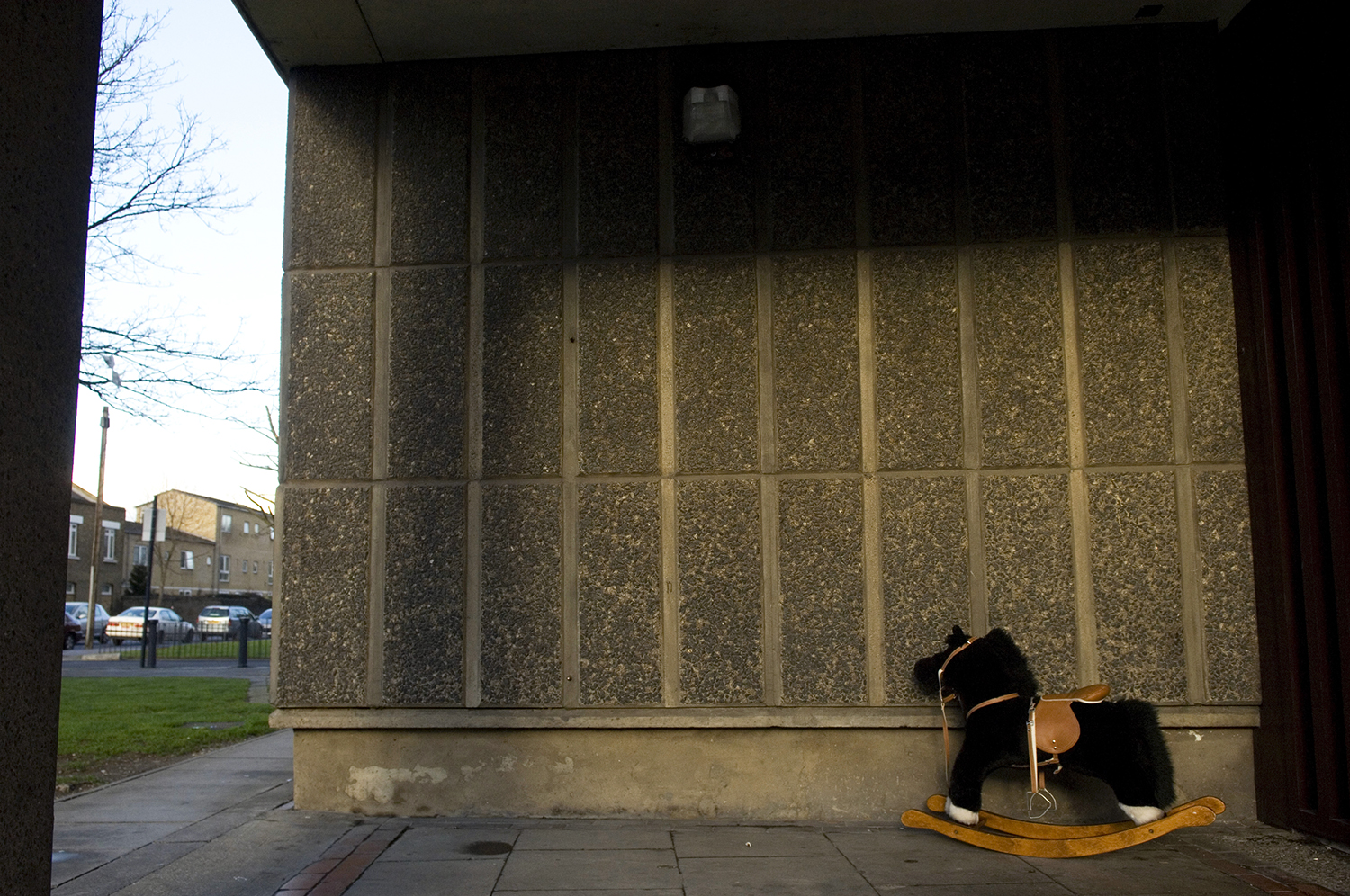
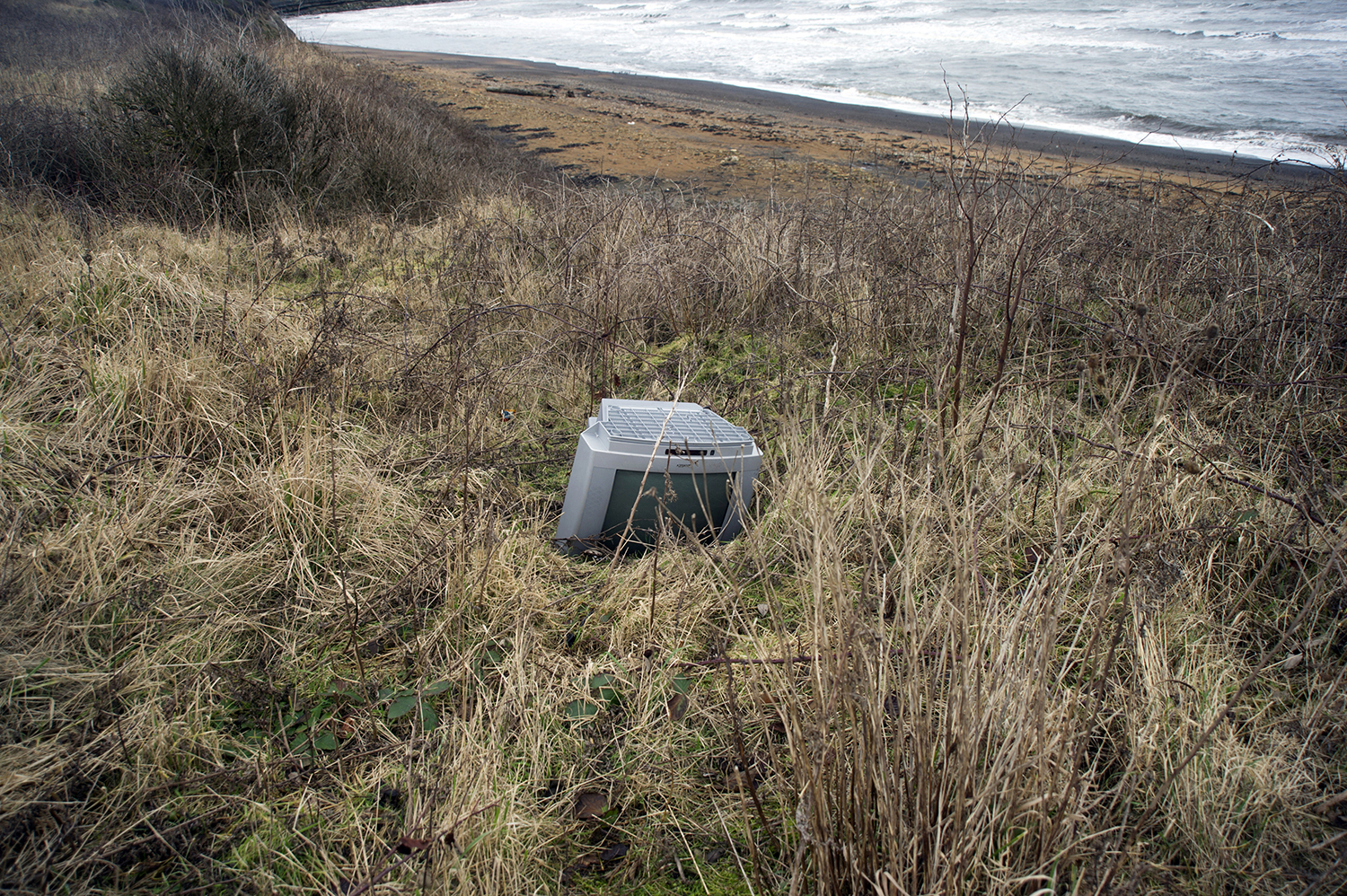
Common sites targeted for sneaky dumping include rural lanes, woodland areas, abandoned buildings, riverbanks, and vacant lots. In urban settings, it may also occur in back alleys or on derelict properties. Such dumping creates significant environmental hazards—polluting soil and waterways, attracting vermin, and creating eyesores that can damage local property values. Hazardous waste, such as chemicals or asbestos, poses additional public health risks.



Local authorities spend substantial resources investigating and cleaning up illegal dumps, diverting funds from other community services. Surveillance cameras, public tip-off hotlines, and increased fines are common deterrent measures. In many jurisdictions, those caught face prosecution, heavy financial penalties, and in severe cases, imprisonment.

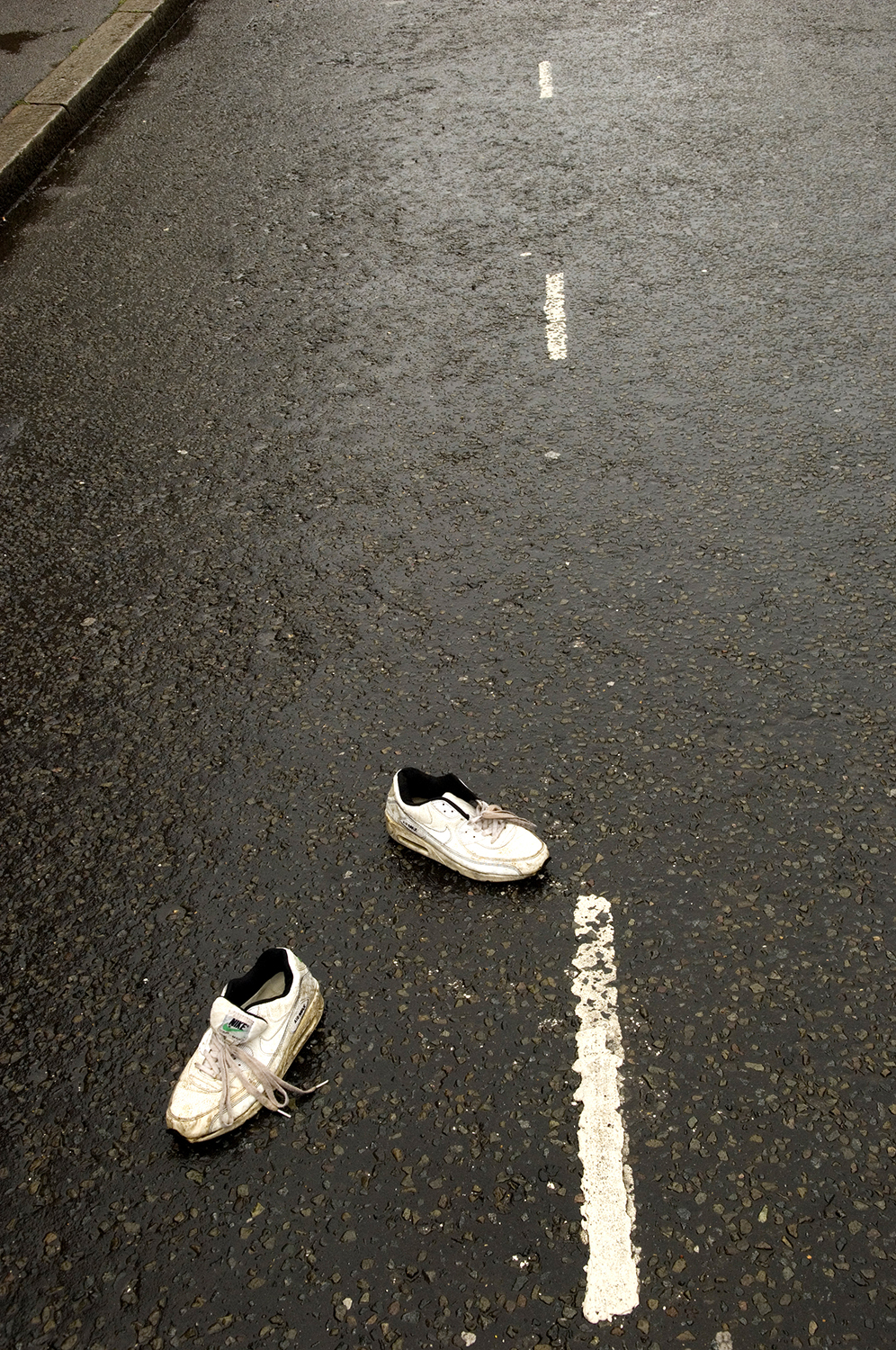
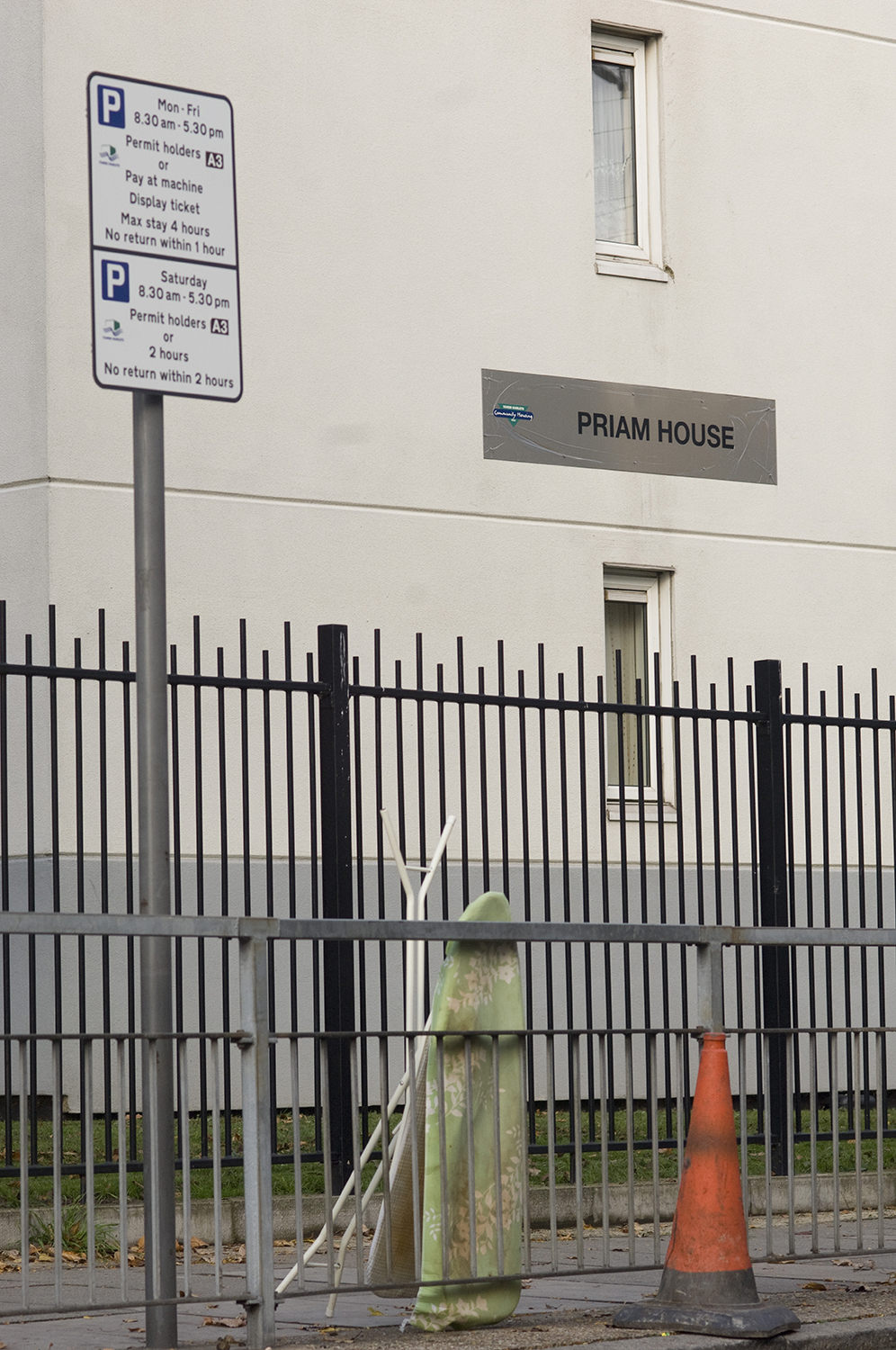
Preventing sneaky dumping requires a combination of enforcement, public awareness, and accessible legal disposal options. Education on environmental responsibility and the consequences of illegal dumping is essential to protect communities, ecosystems, and public health from the long-term harm this practice causes.
